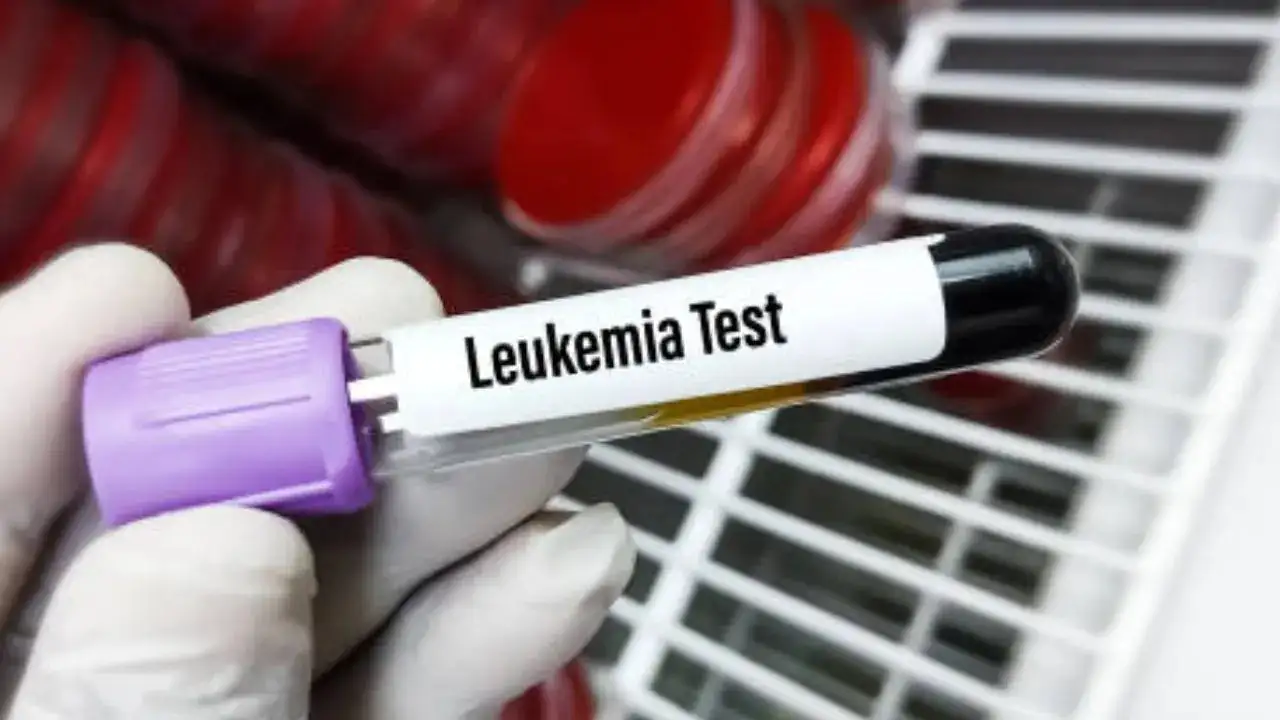
Life-Saving Leukemia Breakthrough? New Test Detects Relapse Before Symptoms (Image Credits: iStock)
A 51-year-old woman from Wimbledon, England, says testing positive for leukemia actually saved her life—thanks to a new bone marrow test being studied in a clinical trial. Jan Leahy, a business process owner, had been undergoing chemotherapy for acute myeloid leukemia (AML), a fast-spreading and aggressive form of blood cancer. When her cancer stopped responding to treatment, the new test picked up the signs early—months before standard tests could have.
This gave doctors the time they needed to try alternative therapies, helping Leahy get back into remission and prepare for a life-saving stem cell transplant. “AML is a horrific disease,” Leahy said in a news release. “Being part of this trial saved my life and gave me more treatment options. It’s amazing to see progress in how we fight this disease.”
The findings of the trial, published on April 28 in The Lancet Hematology, suggest the new bone marrow test could potentially double survival rates for AML patients.
Unlike standard exams that rely on blood tests and physical check-ups, this advanced test is highly sensitive and can detect tiny traces of leukemia cells—called minimal residual disease (MRD)—as early as three months before a full relapse. It focuses on specific gene mutations, especially NPM1 and FLT3, which are common in younger leukemia patients.
“AML is the most aggressive blood cancer,” said Dr. Richard Dillon, a cancer genetics expert at King’s College London. “Detecting relapse early is critical. We hope this test becomes a routine part of care worldwide, improving survival for more patients.”
AML causes the bone marrow to produce abnormal white blood cells that quickly spread into the body. While chemotherapy can bring the disease under control, many patients relapse within two years.
In the study, 637 patients in remission were monitored for three years. Some received the standard follow-up care, while others were regularly tested for genetic signs of relapse. The group that underwent the enhanced genetic testing had survival rates that were 50% higher.
Detecting a relapse early means doctors can act quickly while the patient is still in stable health, reducing the risk of a full-blown emergency.
Dr Nigel Russell, another lead researcher and leukemia expert at Guy’s and St Thomas’ NHS Foundation Trust in London, said this could be a game changer. “There’s still a lot to learn about the best ways to treat AML. But this research offers a new approach to monitoring patients and gives fresh hope.”
This new test is not yet part of standard care everywhere, but with results this promising, researchers hope it will soon be widely adopted—offering better chances to many more people fighting this deadly disease.
Get Latest News Live on Times Now along with Breaking News and Top Headlines from Health and around the world.
